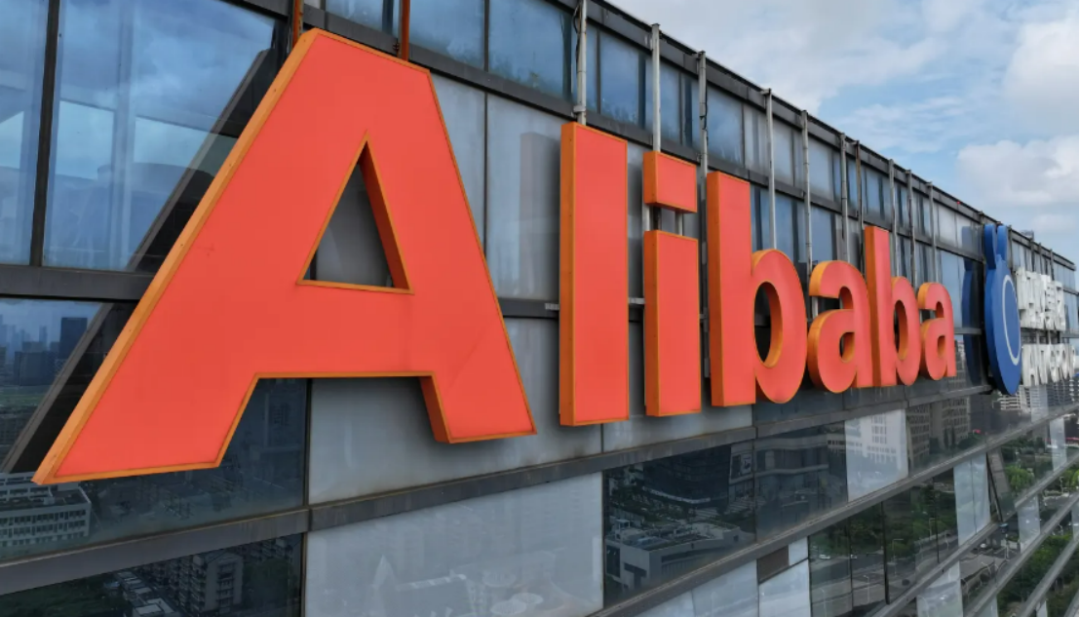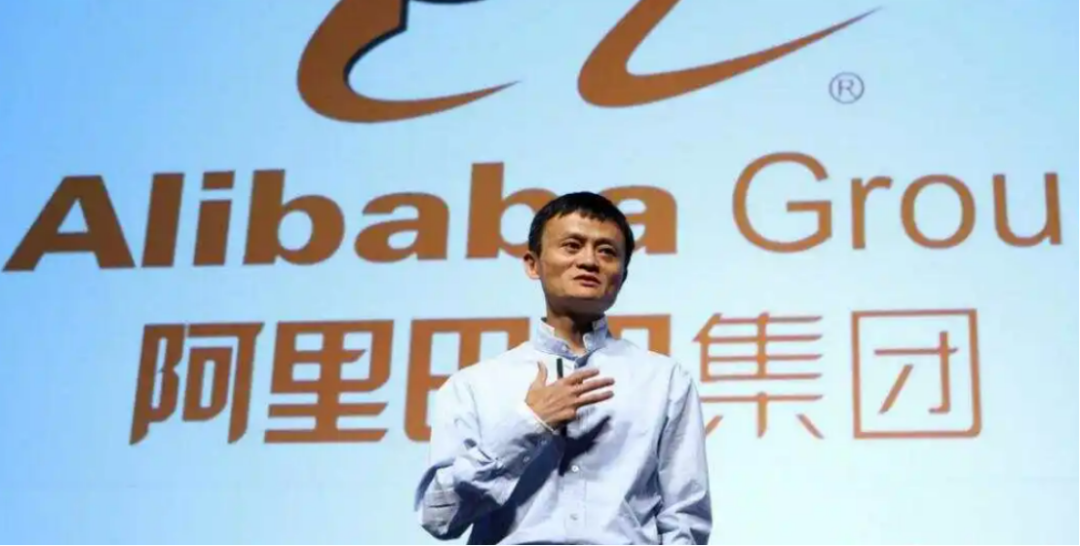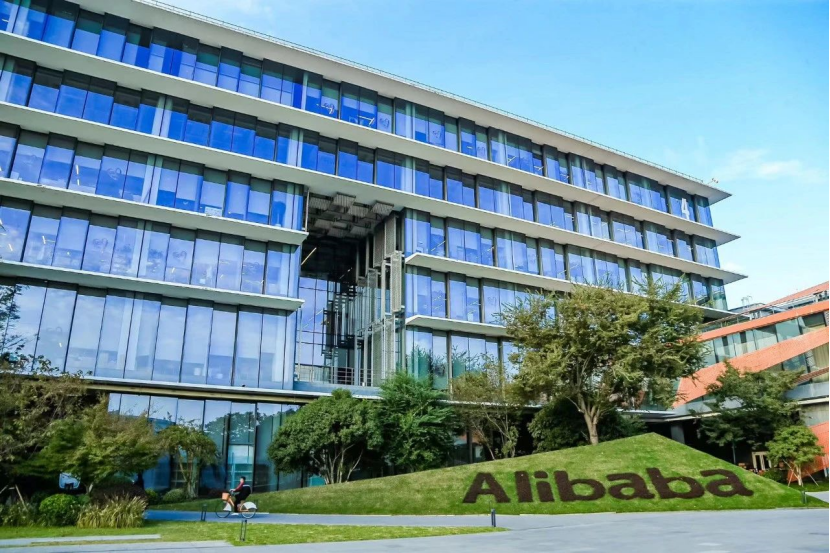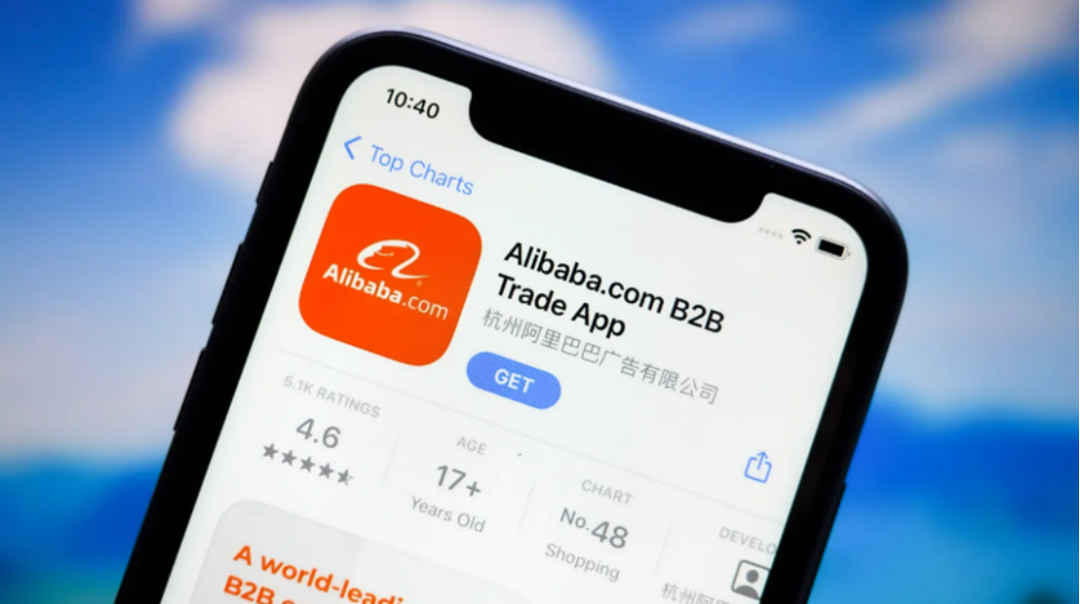Ma Yun speaks again on the internal network, Alibaba does AI while climbing the ranks after rectification?
![]() 09/19 2024
09/19 2024
![]() 668
668

In the past month, internet giant Alibaba has experienced several important moments in succession.
First, on August 30th, the State Administration for Market Regulation announced that Alibaba had completed its three-year rectification process. Alibaba also responded to the media, saying, "(The rectification) is a new starting point for development. In the future, we will continue to focus on innovation, adhere to compliant operations, and increase investment in technology." After the news of the successful rectification was announced, Alibaba's share price rose by nearly 3% on Nasdaq.
Two weeks later, on September 10th, Alibaba celebrated its 25th anniversary, and Taobao Tianmao held a music festival, inviting Hu Yanbin to perform on stage. At this time, Alibaba's focal figure, Ma Yun, chose to speak low-key on the internal network: "The reason Alibaba is Alibaba is that we have an idealistic spirit. We believe in the future, we believe in the market."
After completing the rectification and celebrating its 25th anniversary, Alibaba has undoubtedly entered a new period of development. It is reported that in September, Alibaba's new Shanghai headquarters, with an investment of 2 billion yuan in Xuhui Binjiang, Shanghai, also officially opened to the public. In the early years, Alibaba once rented space on Huaihai Road, Shanghai, but eventually withdrew disappointedly. This time, returning to Shanghai, it has settled into a new headquarters with a floor area of 40,000 square meters, 11 floors above ground, and 3 floors underground, giving off a sense of a king returning.
In Alibaba's internal letters, Ma Yun mentions "pride" and "ideals" the most. However, during Alibaba's three-year rectification period, the company experienced its market value being surpassed by Pinduoduo, and the rise of live streaming e-commerce, AI, and overseas business. So what pride and new ideals does Alibaba, which wants to set sail anew, still have left?
Reconciliation with Tencent, aiming to recover the lost three years
In November 2020, Alibaba's market value peaked at $835.1 billion, preparing to surpass the $1 trillion mark. Today, Alibaba's market value stands at $189.8 billion, a decline of over $600 billion from its peak. Some media outlets have calculated that this decline can be attributed to the hefty fine of 18.228 billion yuan imposed on Alibaba by the State Administration for Market Regulation in April 2021. The lost market value of Alibaba is roughly equivalent to today's JD.com + Pinduoduo + Meituan + NetEase + Xiaomi combined. Some media outlets have asserted that the Alibaba era of Chinese e-commerce has come to an end.

Alibaba Founder Ma Yun
Coincidentally, starting in 2020, the US government has also conducted so-called antitrust investigations into Google and NVIDIA. In any country, monopolies lead to inefficient competition in the economic system, resulting in decline. This is an important conclusion in economics, and the experience of various countries has consistently confirmed this inference.
China's economic development over the past three decades has followed a strategy of crossing the river by feeling the stones, exploring first and then addressing specific issues. Therefore, Alibaba's completion of the three-year rectification is actually an important part of building bridges while crossing the river. One of the most crucial aspects was the elimination of forced exclusivity in payment channels.
Unlike the US antitrust investigation into Google's dominance in search and advertising pricing, China's e-commerce and social media sectors have always featured a fierce competition between Alibaba and Tencent. Over the past decade, these two giants have invested in and supported enterprises within their respective ecosystems, forming vast "Alibaba Group" and "Tencent Group." In response to the rectification requirements, starting in 2021, apps such as Ele.me, Youku, and Damai, which were invested in by Alibaba Group, began accepting WeChat Pay. In 2024, Xianyu also launched a WeChat Mini Program that supports WeChat Pay.
The handshake cooperation between Alibaba and Tencent is primarily a response to the need for rectification. However, more importantly, facing the challenge posed by new e-commerce players like Pinduoduo and ByteDance, the dominant positions of these two giants are clearly not as stable as before.
According to reports, an e-commerce business person from Alibaba candidly stated on the internal network, "If the two giants don't cooperate, Douyin and Pinduoduo will replace us." In the second quarter of 2024, Alibaba's revenue still grew by 4%, but Taobao Tianmao's revenue declined by more than 1% year-on-year. Over the past three years, Alibaba's reconciliation with Tencent, starting from the rectification, is not only an optimal choice for the internet ecosystem but also a means for these two leading internet companies to jointly deal with external pressures.

In the past two years, live streaming e-commerce and absolute low prices have become new trends in the e-commerce industry. At the beginning of this year, Taobao Tianmao announced its intention to de-emphasize the absolute low-price strategy and return to a GMV-based allocation system. Although this strategy did not significantly boost overall sales, it somewhat demonstrated Taobao's determination as a traditional e-commerce platform to showcase a different operational strategy from low-cost e-commerce.
Betting on AI, reclaiming lost ground still requires time
"Without payment, we created payment; without logistics, we participated in logistics; without internet support technology, we invested in cloud computing; credit was worthless, so we made credit invaluable." In reflecting on Alibaba's 25-year history, Ma Yun's string of parallel sentences demonstrates Alibaba's pride in consistently being at the forefront of China's internet development.
However, during Alibaba's three-year rectification period, in addition to the thriving low-cost discount e-commerce represented by Pinduoduo, short video platforms such as Douyin and Kuaishou grew rapidly through new formats like live streaming e-commerce and short videos, becoming formidable competitors to traditional e-commerce platforms. Entering 2023, Xiaohongshu's e-commerce business also achieved rapid growth, with considerable future development potential.
Just as Alibaba once seized the opportunity of e-commerce, content-based e-commerce, represented by short video live streams and Xiaohongshu, first uses algorithms to push and perceive "what content consumers are interested in," and then further recommends related products, ultimately attracting consumers to place orders. This changes the traditional e-commerce shopping logic from "people finding goods" to "goods finding people," not only altering consumer habits but also driving the upgrading of the entire e-commerce industry. E-commerce shelves represented by Alibaba have obviously become a traditional format. Three years have passed, and Alibaba's pride remains, but the market has changed.
Whether it's Alibaba, Tencent, Douyin, or Xiaohongshu, they all face the new normal of Chinese e-commerce, where user scale has peaked, traffic dividends are no longer available, and competition revolves around existing users. In the face of "involution" in pricing and presentation forms from industry competitors, large companies like Alibaba must continue to find a way out through technology-driven approaches, which may also be a solution to the problem.
In the first half of this year, Taobao Tianmao introduced several new AI tools, such as the free merchant AI tool Quick Butler on the Taobao Qianniu platform. Intelligent services such as copywriting, operations, data analysis, and marketing strategies have been launched on the merchant side, and some virtual fitting room scenarios have also been introduced on the user side. Alibaba Cloud also had additional display opportunities at the Paris Olympics this year.
During Alibaba's second-quarter earnings conference call on August 15th, more than one-third of the analysts' questions focused on AI. Alibaba Group CEO Wu Yongming responded, "Alibaba's AI investment return rate is very impressive, with most of the computing power generating revenue once the product is launched."
However, the essence of AI e-commerce is still e-commerce. For merchants, the core of e-commerce is "cost reduction and efficiency enhancement," while for consumers, the core is "price reduction." Many AI e-commerce platforms have a practical function on the user side, which is automatic price comparison. In the long run, if Taobao Tianmao doesn't follow the trend and insists on a low-price strategy, the attraction of its AI products to ordinary users is likely to be limited.
Here, Taobao returns to the top
On September 11th, Taobao launched an English interface version of its app in Singapore, and within just one day, the ranking of this Chinese shopping app rose from fifth to first in the shopping category, attracting widespread attention from foreign media.

Alibaba officials stated that to "highlight Taobao's dedication to serving its Singaporean users," the Singaporean version of Taobao also utilizes AI translation capabilities. "This enhances accessibility for non-Chinese users and eliminates the need for manual translation. At the same time, this product's services also cover neighboring Malaysia."
Singaporean and Malaysian users of Taobao can purchase electronics, shoes, and kitchenware, and shipping costs are not high. The Singaporean version of Taobao also converts prices from Chinese yuan to Singapore dollars. Some overseas media outlets commented that while some AI translations were not entirely fluent, and despite the currency display option being changed, prices were not converted from Chinese yuan to Singapore dollars. Nevertheless, the overall experience was refreshing for Singaporean users accustomed to reading Chinese.
During the three-year rectification period, exploring new growth opportunities overseas was also a significant direction for Alibaba's business growth. In the past, Alibaba sought to expand its overseas e-commerce business through platforms like AliExpress.
As early as last year, Singaporean Taobao users had already created guides on how to purchase clothing, furniture, and daily necessities from Taobao. Interestingly, these videos were published on the rival TikTok platform.
As the preferred destination for Chinese companies going overseas, Singapore has attracted the entry of leading companies such as Tencent, ByteDance, and iQIYI in recent years. In January 2023, rumors circulated that Alibaba was planning to establish a new global headquarters in Singapore. However, compared to TikTok, which has already ventured overseas, Alibaba has focused more on traditional supply chain and logistics expansion over the past few years. The timing of Taobao's launch in Singapore, coinciding with the end of the rectification period, may indicate that this leading company is brewing plans to enter the overseas market in a big way. However, both in terms of timing and product form, Alibaba no longer has an advantage over ByteDance. To gain a foothold in the fiercely competitive overseas market, Alibaba needs not only technological innovation but also new strategies.
Over the past three years, Alibaba's e-commerce market share has declined from 72.1% in 2017 to 49.2% today. The era of Alibaba's dominance is undoubtedly over, and future competition in e-commerce will require breakthroughs. Alibaba's cloud computing sector also faces various new competitions.
From diversified expansion to focusing on core competencies, Alibaba's future remains uncertain. But perhaps, as Ma Yun mentioned in his internal letter, no company can maintain the top position in every field forever, and only competition can make us stronger.
Reference materials
1. Alibaba is not resigned to fate, New Entropy
2. Thirty Years of Chinese E-commerce, Is the Alibaba Era Over? Hong Kong Stock Research Institute
3. Alibaba, Shanghai Headquarters Opens, Investment Circle








